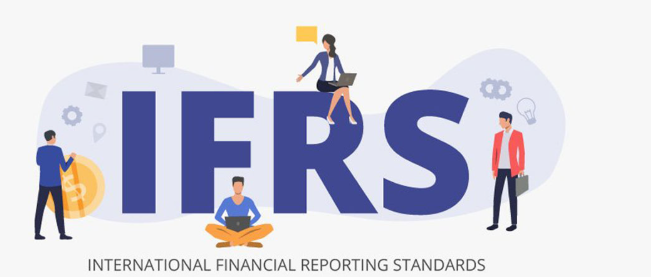Mental Health Awareness in Schools: Strategies for Creating Supportive Environments
Identifying signs of mental health struggles in students is crucial for providing them with the support they need. One common indication is changes in behavior, such as sudden withdrawal from social activities or increased irritability without an apparent cause. Additionally, a decline in academic performance or difficulty concentrating could also point towards underlying mental health issues that require attention.
Sudden withdrawal from social activities
Increased irritability without an apparent cause
Decline in academic performance
Difficulty concentrating
It is also important to pay attention to physical symptoms that may indicate mental health struggles. These can include changes in appetite or sleep patterns, unexplained aches and pains, or frequent headaches. Students experiencing these physical symptoms alongside emotional or behavioral changes may be dealing with significant mental health challenges that need to be addressed.
Changes in appetite or sleep patterns
Unexplained aches and pains
Frequent headaches
Another sign of mental health struggles in students is increased risk-taking behavior or substance abuse. Engaging in risky behaviors such as reckless driving, drug use, or self-harm can be indicative of underlying psychological distress. It is essential for educators and parents to intervene if they notice any concerning behaviors related to risk-taking.
Reckless driving
Drug use
Self-harm
In some cases, students may exhibit signs of depression or anxiety through their communication styles. They may express feelings of hopelessness, worthlessness, or excessive worry about the future. Paying attention to verbal cues and language used by students can provide valuable insights into their mental well-being.
Feelings of hopelessness
Worthlessness
Excessive worry about the future
Importance of Early Intervention
Early intervention plays a crucial role in supporting students who may be experiencing mental health struggles. By identifying and addressing issues at an early stage, we can prevent them from escalating into more serious problems. Providing timely support and resources can help students navigate challenges effectively and improve their overall well-being.
Research indicates that early intervention can lead to better outcomes for students in terms of academic performance, social relationships, and emotional health. By fostering a supportive environment and being attuned to the needs of students, educators and mental health professionals can collaborate to provide appropriate interventions that can make a significant difference in a student’s life. Investing in early intervention not only benefits the individual student but also contributes to creating a positive and inclusive school culture that prioritizes mental health and well-being.
Creating a Safe Space for Open Communication
Establishing an environment that fosters open communication is crucial in supporting students’ mental health. By creating a safe space where students feel comfortable expressing their thoughts and feelings without judgment, educators and peers alike can play a pivotal role in identifying early signs of mental health struggles. Encouraging active listening and empathy can go a long way in making individuals feel understood and valued.
Emphasizing the importance of open dialogue can help break down the stigma surrounding mental health issues and prompt students to seek help when needed. Providing resources and information on mental health support services within the school community can further empower students to take charge of their well-being. Ultimately, cultivating an atmosphere where open communication is encouraged can lead to a healthier and more inclusive learning environment for all.
How can educators identify signs of mental health struggles in students?
Educators can look out for changes in behavior, social withdrawal, sudden drop in academic performance, mood swings, and physical symptoms such as headaches or stomachaches.
Why is early intervention important when it comes to mental health?
Early intervention can prevent the escalation of mental health issues, improve outcomes, and help students develop coping mechanisms and resilience.
How can educators create a safe space for open communication with students?
Educators can foster trust and empathy, actively listen to students, provide a non-judgmental environment, and promote mental health awareness and education.
What resources are available for students who may be struggling with their mental health?
Students can access school counselors, mental health professionals, hotlines, support groups, and online resources for guidance and support.





